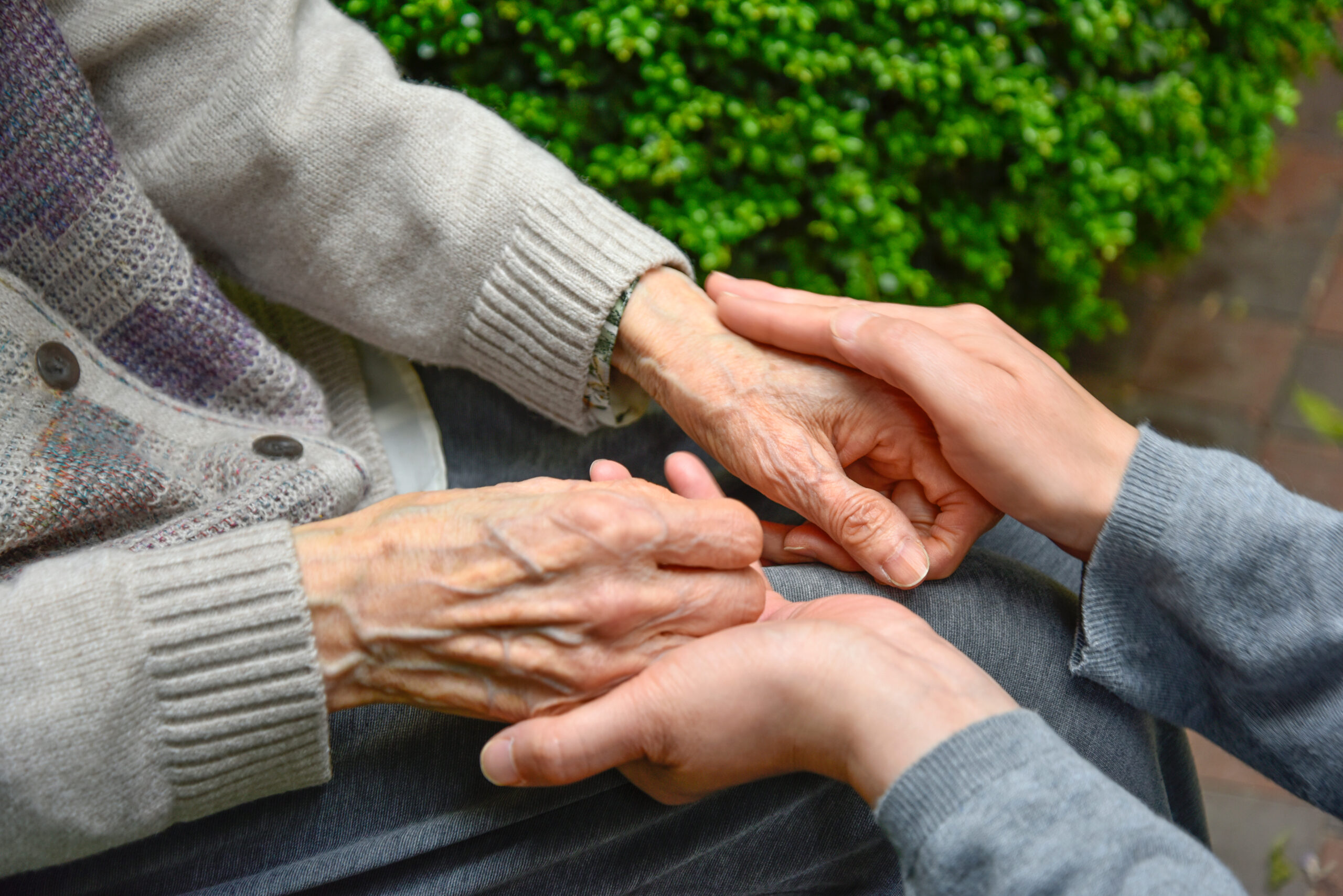The Art of Embracing Change: How Dementia Redefines Life, Love, and the Meaning of Memory
**The Art of Embracing Change: How Dementia Redefines Life, Love, and the Meaning of Memory**
Dementia is a condition that affects millions of people worldwide, changing the way they live, love, and remember. While it brings significant challenges, it also offers opportunities for growth and understanding. In this article, we will explore how dementia redefines life, love, and the meaning of memory, and how we can embrace these changes.
### The Impact of Dementia on Relationships
When someone is diagnosed with dementia, their relationships with family and friends often change. People with dementia may become isolated or avoided by those around them because they struggle to remember important details or behave in ways that are unfamiliar to their loved ones. However, despite these challenges, many positive elements of the relationship remain, such as affection and emotional connection[1].
Carers, who are often family members or close friends, may find themselves taking on new roles in the relationship. This can be both rewarding and challenging. It is essential for carers to focus on the positive aspects of the relationship and ensure that the person with dementia continues to feel involved and able to contribute to the relationship.
### The Loss of Empathy in Dementia
One lesser-known symptom of dementia is the loss of empathy. This means that people with dementia may not be able to understand or respond to the emotions of those around them. For example, they might not show any emotional response to the loss of a loved one or react inappropriately to social situations[4].
This loss of empathy can be particularly difficult for caregivers, who often rely on emotional support from the person they care for. When this support is absent, caregivers may experience depression, anxiety, and a sense of isolation. However, there are ways to support caregivers and help them navigate these challenges. Organizations like ARTZ Philadelphia provide events that help people with dementia connect with others through art, which can be incredibly beneficial for both the person with dementia and their caregivers.
### Embracing Change: Finding New Meanings
Dementia forces us to redefine what we mean by “memory” and “love.” While memories may fade, the emotional connections we have with others remain strong. People with dementia still feel an emotional connection to their environment and the people around them, even as their cognitive abilities decline.
Embracing this change means focusing on the present moment and finding new ways to connect with loved ones. This might involve engaging in activities that stimulate the mind, such as art or music therapy, or simply spending quality time together. By doing so, we can help the person with dementia feel more involved and valued in the relationship.
### Intellectual, Emotional, and Social Wellness
In addition to redefining relationships and empathy, dementia also highlights the importance of intellectual, emotional, and social wellness. Intellectual wellness involves stimulating our minds through lifelong learning and creative endeavors. Emotional wellness is about understanding, expressing, and managing emotions in a healthy way. Social wellness thrives on genuine relationships and a supportive network[5].
By focusing on these dimensions of wellness, we can create a more supportive environment for both the person with dementia and their caregivers. This includes engaging in activities that promote intellectual stimulation, emotional resilience, and social connection.
### Conclusion
Dementia is a complex condition that challenges our understanding of life, love, and memory. However, it also offers opportunities for growth and understanding. By embracing these changes and focusing on the positive aspects of relationships, we can help people with dementia live fulfilling lives. Whether it’s through art therapy, intellectual stimulation, or simply spending quality time together, we can redefine what it means to love and remember in the face of dementia.
In the end, it’s not about the memories we lose but about the connections we keep. By embracing this change, we can create a more compassionate and supportive environment for everyone involved.





